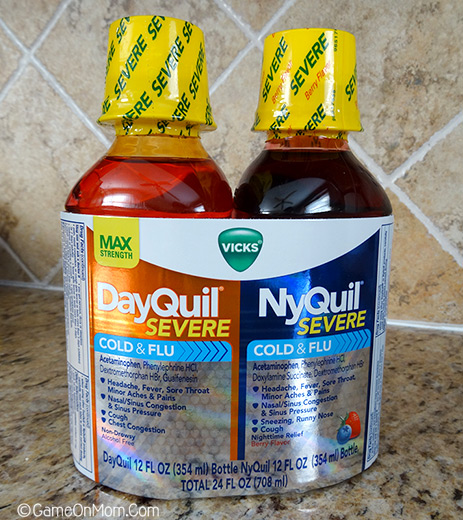

This may lead to ulcers and narrowing of the esophagus. If a medication were to become lodged in the esophagus, it may cause injury to the lining. People who suffer from reflux should be aware of another pill-related problem. For example, talk to your doctor about either increasing the dose of the current medication or switching to a more powerful drug. Second, if the offending medication cannot be stopped, better treatment for the reflux would be in order.

The inhalers for asthma and other breathing problems probably cause less reflux than the oral theophyllines. There are many types of medications available to treat high blood pressure. First, try to switch the offending medication to something else. If prescription medications are causing reflux to worsen, then there are two options. Additionally, it is not likely that these medications will cause reflux in an otherwise healthy person. Many of these concerns are more theoretical than scientifically proven. The list of medications that may worsen gastroesophageal reflux also includes most sedatives and narcotic pain relievers. These types of medications weaken the lower esophageal sphincter, making it easier for stomach acid to reflux into the esophagus. Theophyllines are oral medications, commonly used for asthma and breathing difficulty. Calcium channel blockers are commonly used for high blood pressure and angina. The medications most likely to cause clinical problems are the calcium channel blockers and theophyllines. What are the common medications that may affect the tone of the lower esophageal sphincter (LES)? I am an older adult on multiple medications. Comparing Benefits and Risks of GERD Treatments.Getting the Most Out of Your Medications.Heartburn: Nothing to do with the Heart.Diet Advice for Barrett’s Esophagus and GERD.The Prevalence and Impact of Gastroesophageal Reflux Disease.


 0 kommentar(er)
0 kommentar(er)
